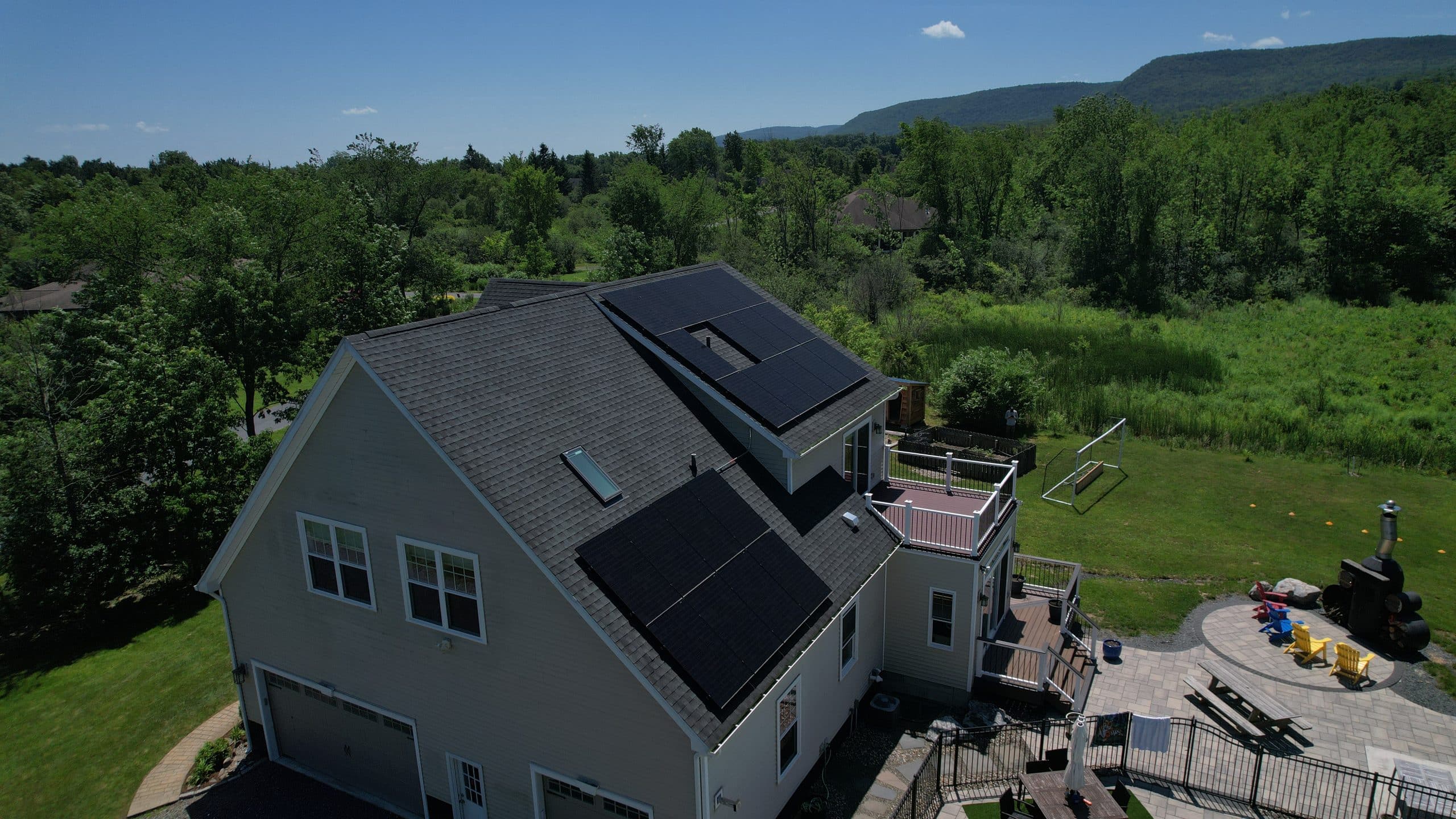

Headquarters
Connecticut Office
Infinity Solar Systems, LLC | d|b|a Infinity Energy. All Rights Reserved. Terms of Use | Privacy Policy

Headquarters
Connecticut Office
Infinity Solar Systems, LLC | d|b|a Infinity Energy. All Rights Reserved. Terms of Use | Privacy Policy